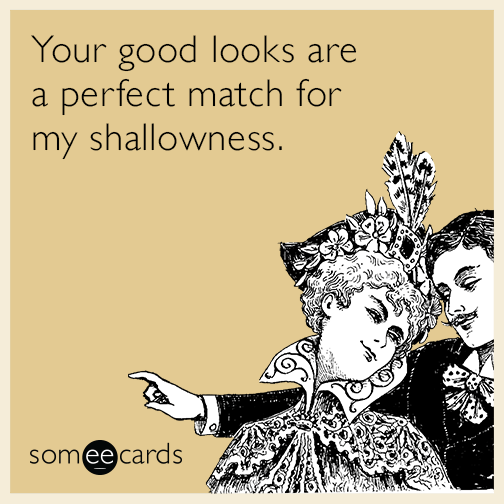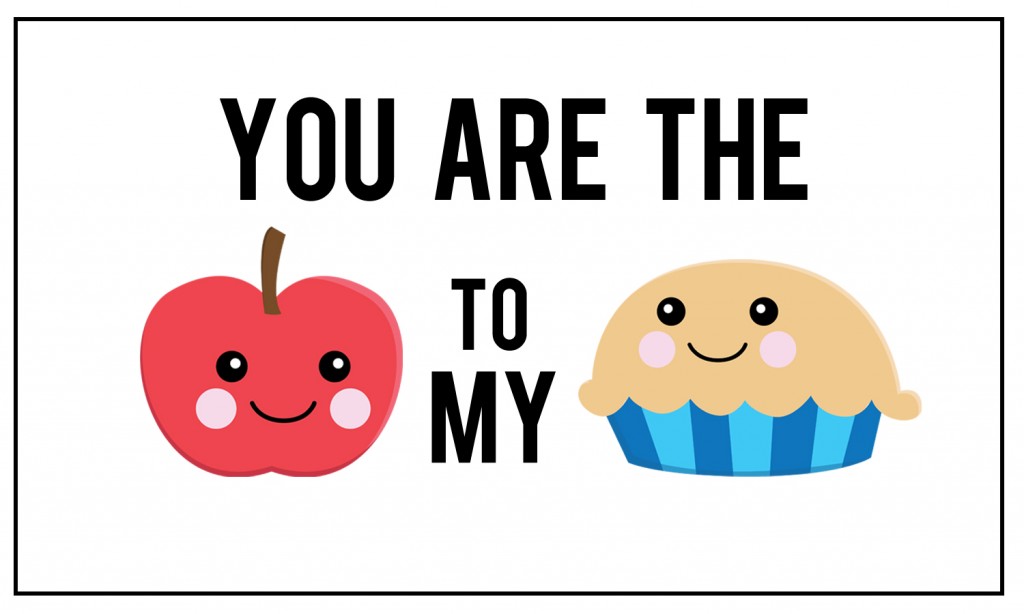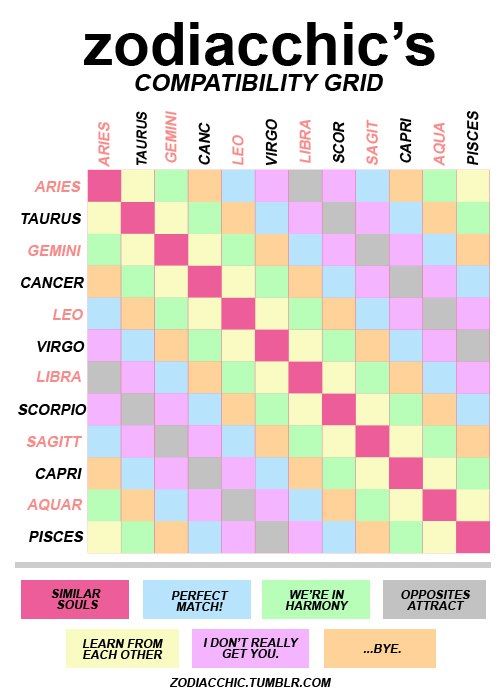
Compatibility is essential to success in a relationship. Determining if someone is a good fit means avoiding common pitfalls that cloud our judgement and knowing the right things to look for in your connections. These five ways to measure compatibility in relationships will help you make decisions that lead to more love and fulfillment. (Estimated reading time: 6 minutes)
“Never love anybody who treats you like you’re ordinary.”
— Oscar Wilde
On meeting the love of their lives, happy couples often say, “I just knew they were the one.”
Singles caught up in what seems like a never-ending loop of bad relationships might scoff at this oversimplification. How could an elusive feeling of assurance lead to happily ever after?
Scenarios of couples instantly recognizing their future partner are becoming increasingly rare. Finding someone who is a good fit for us is much harder than it used to be. Our identities and interests are more complex and multilayered, and our lifestyles are busier and more hectic. As a collective, we’re also pickier and spoiled for choice.
In simpler times, couples could find bliss together if three conditions were met: mutual attraction, availability, and the basic ingredients to sustain a connection (respect, trust and communication).
Today, figuring out if the person you’re dating is the person you’ll be with for the long haul requires more than just two people meeting under the right conditions. Singles have more specific criteria that they look for. They take a much closer look at who they’re dealing with.

This doesn’t mean that all singles have the wherewithal to find a good match. They’re still prone to facing these three common blocks that cloud judgement:
1. Placing too much importance on surface attraction and first impressions: When the chemistry is off the charts, we succumb to the “halo effect”, a type of bias that makes us perceive someone who is outwardly attractive to have positive traits.
This means that you would be more likely to think that a cutie you eye at a coffee shop is smarter, kinder, and funnier than someone you view as physically average.
2. Giving others the benefit of the doubt: As social beings who rely on each other for survival, we want to believe in the goodness of others. It’s hard for us to recognize flaws because we’re prone to what psychologist Tim Livine calls a “default to truth.” Under its effect, we tend to presume that the person we’re dealing with is basically honest.
Author Malcolm Gladwell highlights this in his book, “Talking to Strangers,” where he writes:
“We think we can easily see into the hearts of others based on the flimsiest of clues. We jump at the chance to judge strangers. We would never do that to ourselves, of course. We are nuanced and complex and enigmatic. But the stranger is easy.”
3. Lacking the right skill set to assess compatibility: With little to no education when it comes to matters of the heart, we tend to rely on the oversimplified and scripted on-screen romances we see on TV and movies. These fantasy-based templates are misleading because they show couples hitting it off right from the start without any discernment.
Do all these red herrings in the game of love mean that we need to be formulaic and hypervigilant when trying to discern if someone’s a good match for us? Certainly not. Having a general awareness of these blind spots, in addition to knowing the right things to look for, is all you need to feel happier and content in your relationships.

Aside from the basic ingredients needed for a healthy relationship, compatibility is a major factor. But compatibility is a lot more than liking the same Netflix shows and ice cream flavors. There must be an alignment in core values, ethics, goals, lifestyles, and temperaments.
Compatibility is not a science but an interplay of biology and psychology. That’s why cracking the code requires a combination of approaches. The left-brained methods of creating checklists and taking assessments are more potent when coupled with our good old-fashioned instincts.
It’s also important to remember that success will ultimately depend on how you handle difference and conflict, even if alignment is near-perfect. A baseline of shared values is not enough to make a relationship last. Couples still need to support each other and strive to see the best in the other person whenever they hit those inevitable rough patches.
Here are five tools that you can use to measure compatibility at all stages of a relationship:
1. Compatibility tests and assessments: Compatibility tests are becoming popular and widely accepted. Not only are they fun to do, but they can reveal useful information about why we function the way we do. When used in the dating game, you can discover how you are alike and how you are different from your partner, and this can prompt helpful conversation on how to make things work. If you take these tests solo, the results will guide you towards finding your perfect match.
Here are five well-known ways to assess compatibility:
- 365 Tests Love Compatibility Test
- The 5 Love Languages
- Truity: Which Personality Type is Your Love Match
- Attachment Patterns
- The Myers-Briggs personality test
2. Astrology: This may not be for everyone, but astrology has been a favorite source of guidance for many centuries. Having studied astrology and offered advice to friends and family for over 20 years, I can tell you that astrology can offer valuable answers to the age-old question, “are we compatible?” Basic horoscope compatibility can paint the broad strokes of your partnership picture as long as you know how to interpret it. The simplest way to understand astrological matches is by looking at sun signs. To get a fuller picture, you’ll need to study and compare two individuals’ astrological birth charts. However, this is a skill that takes many years to master, so consulting an astrologer will provide a more accurate interpretation.

3. Get an expert’s opinion: Aside from you and your partner, an objective and unbiased third party can be useful in situations where different sides to a story need to be considered. Qualified therapists and counselors are in a perfect position to weigh in on the health of a relationship. Their knowledge and experience working with couples gives them the ability to recognize patterns and signs that can indicate whether a relationship will stand the test of time.
4. Ask good questions: There is a reason why job recruiters place a lot of importance on asking potential candidates well-thought-out questions: it gives them a good sense of whether someone can do the job. Similarly, we should also be deliberate in our approach to asking questions. They should reveal whether you and the other person are on the same page and if your expectations align. Asking “softball” questions that are woven through the conversation appear more natural and organic.
If you can’t think of any questions to ask, use pre-written questions like the one’s created by the Gottman Institute and relationship experts like Dr. Phil McGraw and Steve Harvey.
5. Spend more time with them: Like a car, you need to test drive a relationship to see what it feels like to be in the presence of another person. When you experience things together, you’ll get to see the various sides of a person. You’ll see what they’re like when they are sad, elated, grouchy, stressed, and goofy.
People are not one-dimensional beings that can be fully understood by quantitative data and rational reasoning. They are complex and contradictory creatures with many sides that will be unveiled in intimate connections. You’ll know that you’re compatible if there is an underlying sense of ease, fondness, and understanding of each other, no matter what.
Some might say that placing heavy importance on compatibility dampens the romance and overcomplicates relationships. Yet, I believe it does quite the opposite. When you finally meet someone who can be, not just your love interest, but a friend you can count on, you’ll see the value in determining compatibility. In the end, true love is always worth the effort.
All my best on your journey,
Seline

Question for you: What are your favorite ways to measure compatibility? What has worked for you and what hasn’t?
Did you like this post? Sign up below, and I’ll send you more awesome posts like this every week.

WOW. I know a lot of people who could have used this kind of insight before getting into a deep relationship with someone….myself included! you bring up a lot of amazing points and ideas, some I had never really given much thought to before now. Spending time with someone is by far the best way to see how well you fit and work together, but i think many people fall short because hey dont look at the other ways that are just as viable, Thanks for shedding light on this and for giving us something more to think about!
You’re welcome Tanna! Glad you found value in this. 🙂